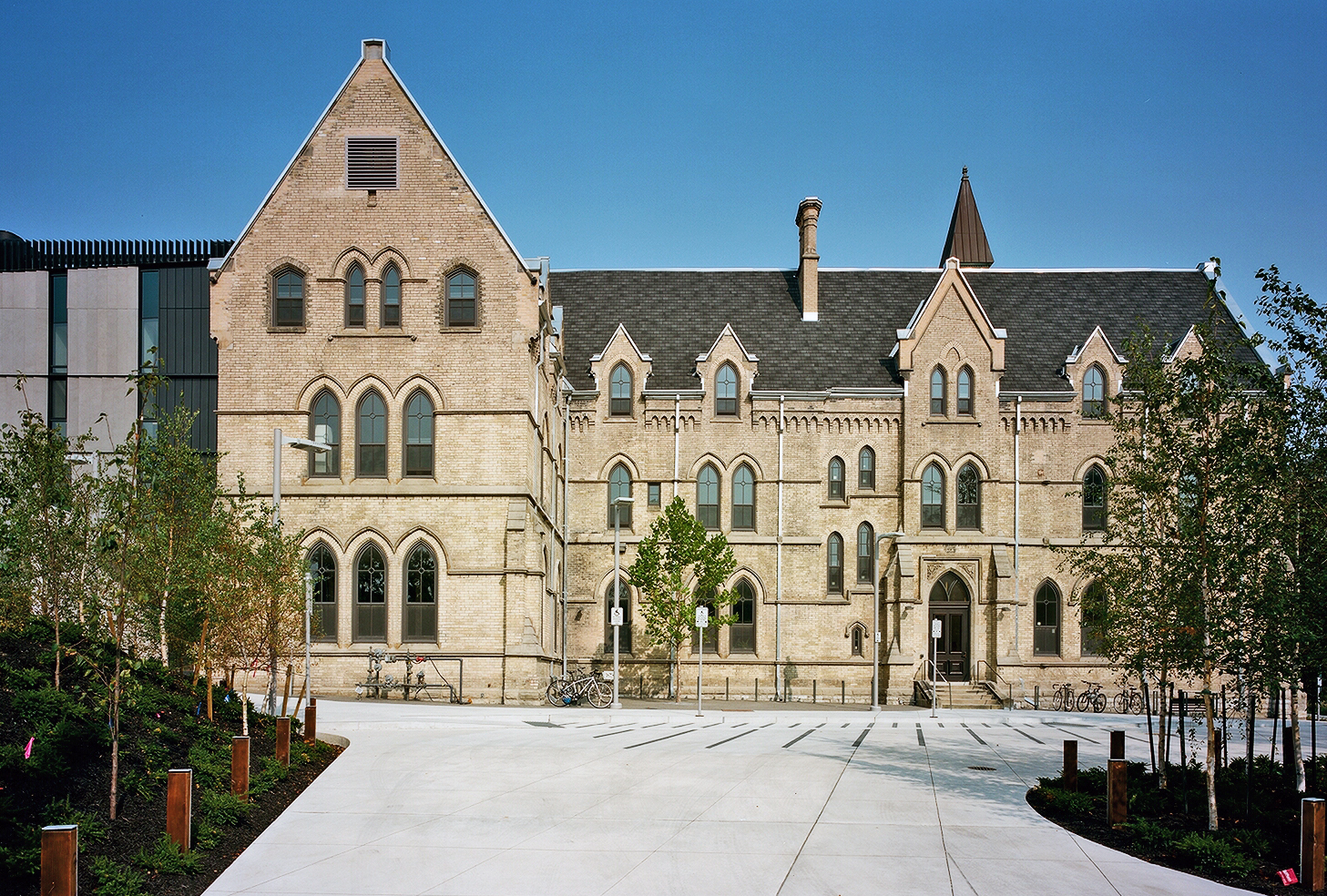
Toronto Lost and Found: Redefining the City’s Built Heritage
-
Mediatheque (Room 200), 1 Spadina Crescent
Photo of One Spadina by Peter MacCallum.
This event is open to current Daniels Faculty students only. Reserve your ticket on the registration page.
Doors will open at 9:30 AM. Ticket holders must arrive by 9:50 AM (with their printed or mobile ticket) to claim their seats. There will be a rush line for students without tickets. Any unclaimed seats will be released to the rush line at 9:50 AM.
Students are welcome to stay after the event to chat with the panelists and city staff in attendance.
This student-focused event is presented in partnership with the City of Toronto's Heritage Preservation Services.
Creativity contributes to building open, inclusive and pluralistic societies. Both heritage and creativity lay the foundations for vibrant, innovative and prosperous knowledge societies. Heritage is increasingly being recognized as an integral and irreplaceable contributor to Toronto's sense of place, informing creative design solutions and triggering passionate debates, shaped by both spectacular successes of bold adaptive reuse projects and lamentable demolitions.
Our city is evolving and so are the fields of heritage conservation and architectural design, requiring that architects, preservationists and allied fields collaborate with one another in order to develop new design approaches and methodologies that can respond to the 21st century city building challenges we currently face. Critical to this endeavor is the need for a shared understanding of the value that heritage conservation brings to all of us, and how it can encourage and inspire design excellence that responds to the existing context while looking to the future.
The panelists at the student-focused event "Toronto Lost and Found: Redefining the City’s Built Heritage" will explore how heritage resources can serve as a building block for bold and innovative design solutions, and a starting point to re-imagining the character and form of our sustainable urban development. Highlight emerging best practices in heritage conservation with reference to heritage conservation, design policies, processes, and solutions.
Moderated by Dean Richard Sommer.
Featuring:
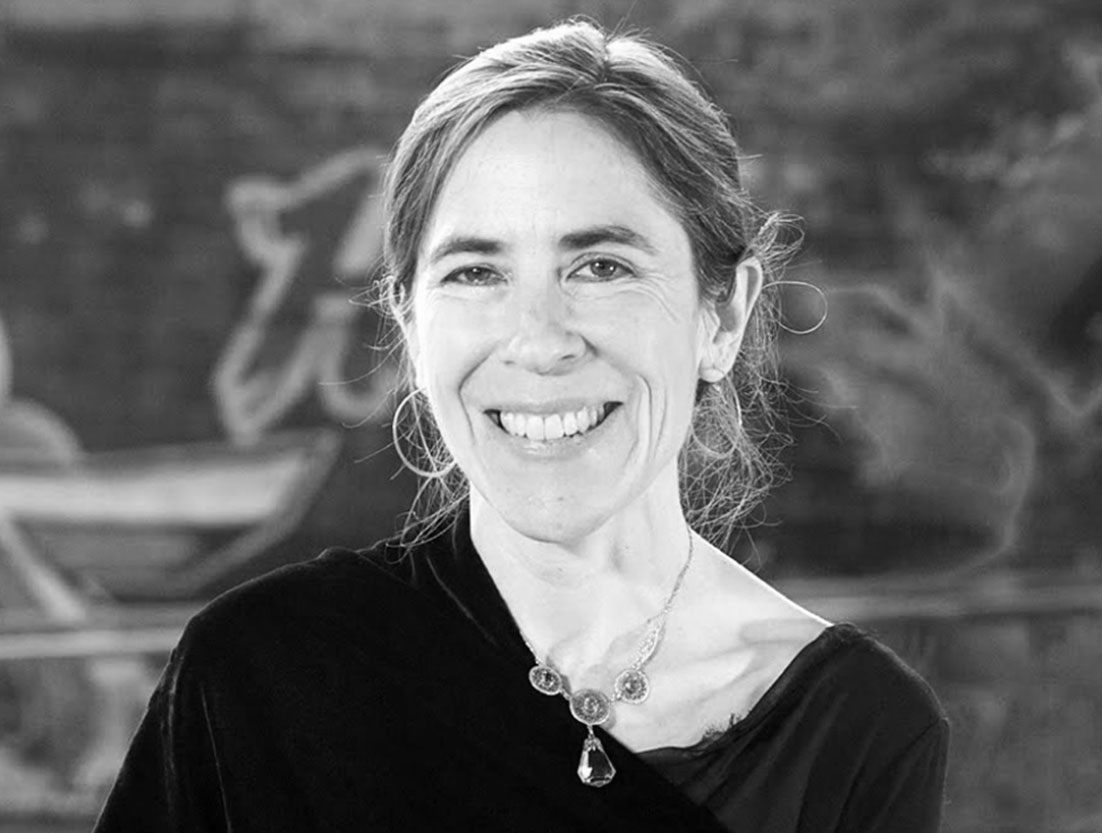
Katherine Faulkner is a founding principal of NADAAA, overseeing firm operations, fabrication, and design on select projects. Since 2011, she has directed efforts to expand the firm's prototyping facilities and portfolio, extending NADAAA's geographic reach and capacity to deliver large projects. A 1987 graduate of Dartmouth College, Katie received her MArch from Harvard's Graduate School of Design, and has been working for over 20 years in residential, academic, institutional, and health-care projects. After receiving an MBA from Boston University in 2010, Katie looked for an opportunity to re-focus the business of design and joined former schoolmates Nader Tehrani and Dan Gallagher in launching NADAAA. Recent projects include the Raemian (Samsung) Model Home Gallery, Melbourne School of Design, and the Daniels Faculty of Architecture, Landscape, and Design at the University of Toronto.
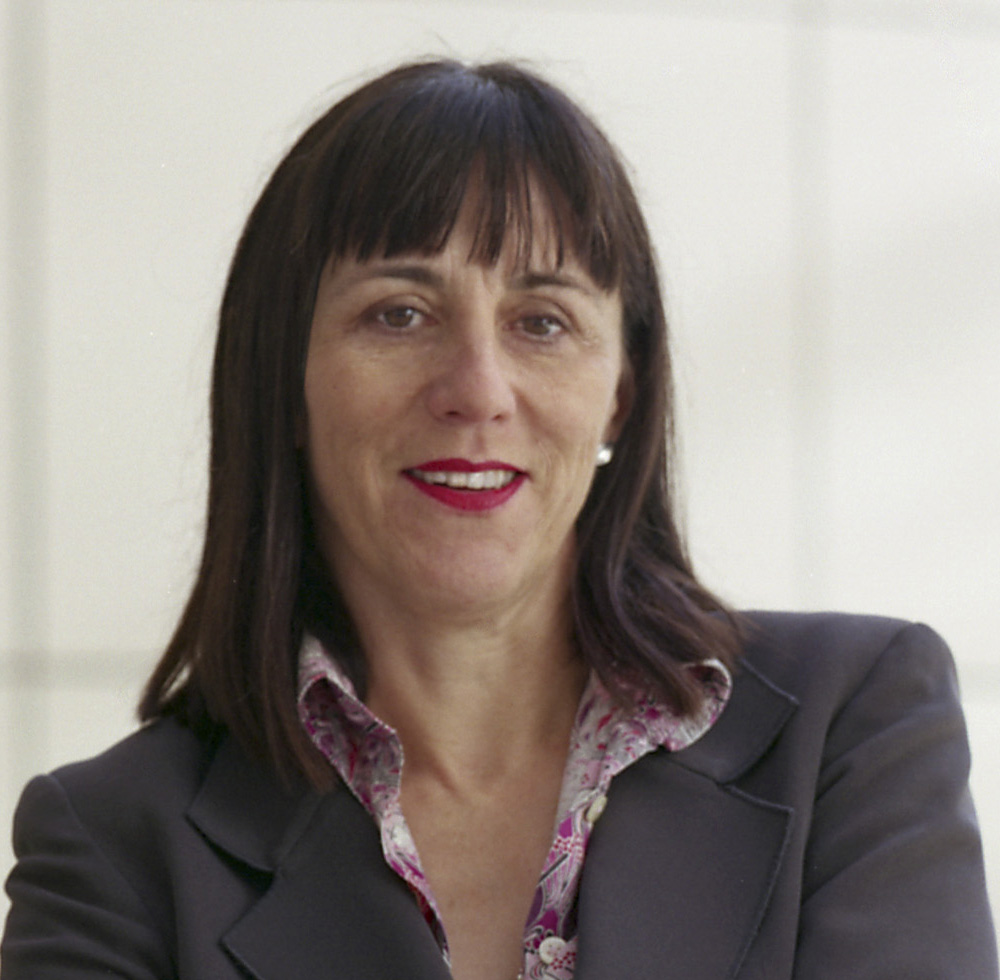
Susan Macdonald joined the Getty Conservation Institute in Los Angeles in 2008 as Head of Field Projects where she manages the Department dedicated to advancing conservation practice. Susan has a Bsc (Architecture) and a Bachelor of Architecture from the University of Sydney, and a Masters in Conservation Studies (University of York/ICCROM) and a certified practicing planner. Susan worked as a conservation architect in private practice and in the government sector in her native Australia and in London including at English Heritage. Susan moved to the Getty from her position as Director of the NSW Heritage Office in Australia where she was involved in a wide range of conservation issues from urban planning, development, economics, policy and technical matters and directed the successful nomination of the Sydney Opera House to the World Heritage List. Susan has as a particular interest in 20th century heritage conservation, is the former Secretary of DOCOMOMO International Specialist Technical Committee, former Vice President of the ICOMOS Specialist Committee on 20th Century Heritage and is a member of APTi’s Modern committee. She has authored and edited a number of books and articles on this subject and regularly provides advice to State parties on their nominations to the World heritage list of modern sites. Susan oversees the Conserving Modern Architecture Initiative at the Getty Conservation institute which includes the Conservation of the Eames House and the Conservation of Salk Biological Institute projects.

A registered architect and founding Principal of ERA Architects, Michael McClelland OAA CAHP FRAIC has specialized in heritage conservation, heritage planning, and urban design for over 25 years. Having begun his career in municipal government, most notably for the Toronto Historical Board, Michael continues to work with a wide range of public and private stakeholders to build culture through thoughtful, values-based heritage planning and design.
Well known for his contribution to the discourse surrounding heritage architecture and landscape architecture in Canada, Michael speaks regularly in the media and at public and professional events, has published numerous articles and edited several books, and has received numerous awards and honours.
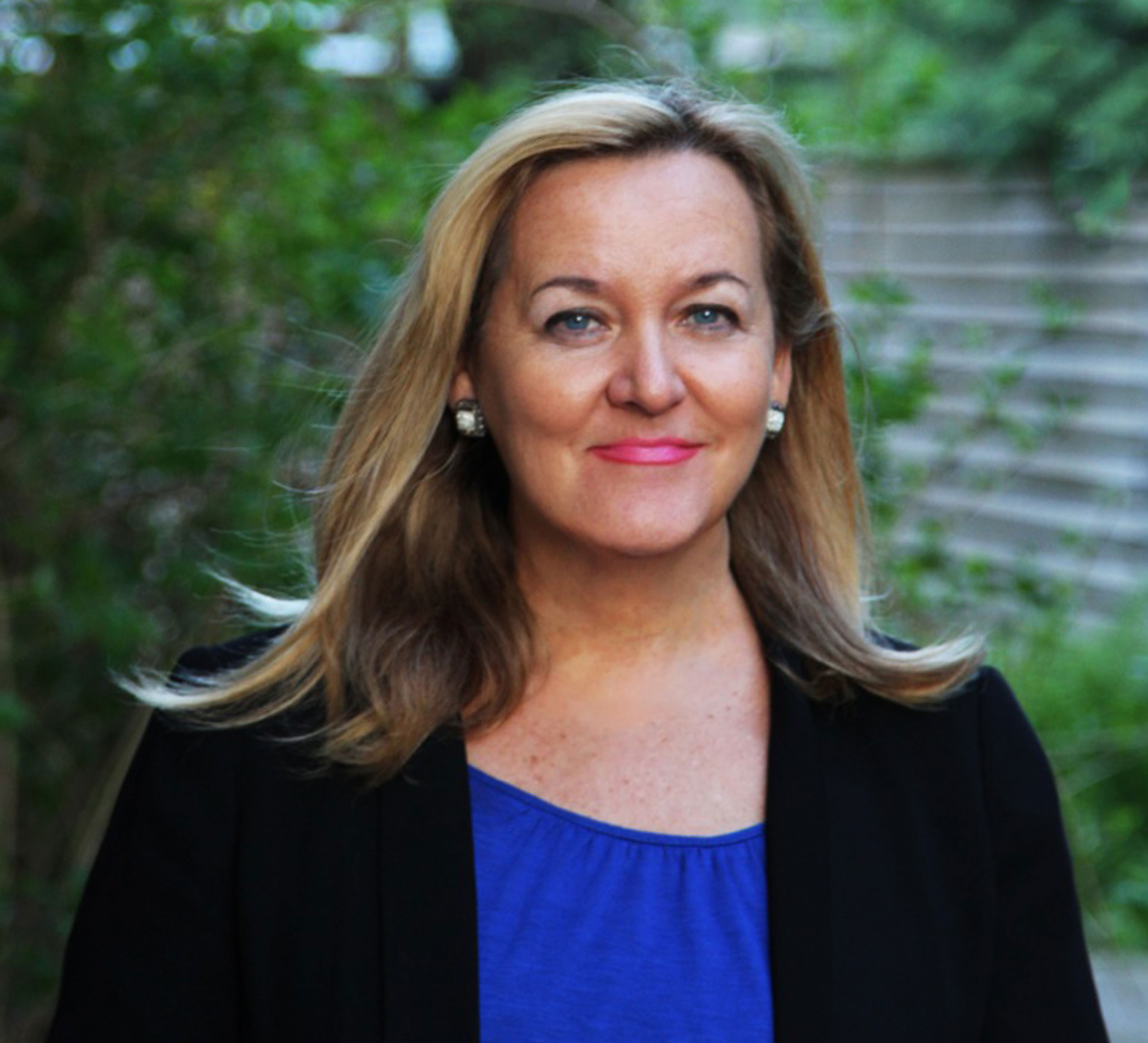
Patricia McCarney is Professor of Political Science and the Director of the Global Cities Institute (GCI) at the University of Toronto and is the President and CEO of the World Council on City Data (WCCD).
Professor Patricia McCarney received her Ph.D. from M.I.T. in 1987. She has served as Associate Vice President, International Research and Development at the University of Toronto.
Before joining the University of Toronto, between 1983 and 1994, Professor McCarney worked as a professional staff member in a number of international agencies, including the World Bank in Washington, and the United Nations – HABITAT in Nairobi.
Leading the Global Cities Institute, Patricia McCarney is building international standards that create a way for cities across the world to build comparable, consistent and high quality data for city to city learning. The Global Cities Institute pioneered ISO 37120 - the first international standard for cities - at the International Organisation for Standardization (ISO). Professor McCarney is now leading the GCI’s work on developing two new ISO Standards for Cities - ISO 37122 for Smart Cities and ISO 37123 for Resilient Cities. The University of Toronto is the only University worldwide building ISO standards for city data, and the GCI is positioned as the leading global research centre committed to building international standards that promote standardized, verified, comparable and open city data for a growing network of global cities committed to building a culture of data.
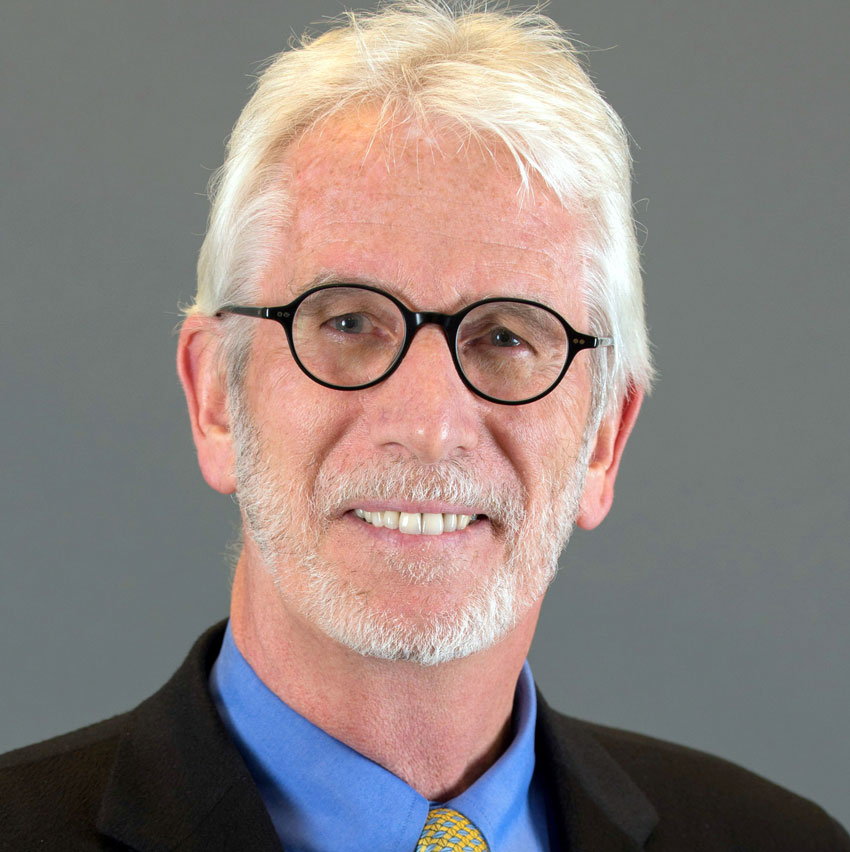
Paul Bedford is a Member of the Canadian Institute of Planners with more than 45 years of experience in urban planning. As Toronto’s Chief City Planner for eight years, he championed numerous planning strategies with Jane Jacobs for the King-Spadina and King-Parliament districts, a new City-wide Official Plan and a principles plan for the Central Waterfront called “Making Waves” that was the basis for Waterfront Toronto. He served eight Mayors over his 31year career at the City of Toronto.
Since retiring, he has been an Adjunct Professor of Urban Planning at U of T and Ryerson, served two terms on the Metrolinx Board of Directors, the National Capital Commission’s Advisory Planning Committee, and was appointed Vice-Chair of the Ontario Transit Investment Strategy Advisory Panel. He is currently Chair of Waterfront Toronto’s Design Review Panel and serves on the U of T’s Design Review Panel and is a Senior Associate of the Canadian Urban Institute. He is also a member of the Advisory Board of 8-80 Cities and the Ryerson City Building Institute.
In co-operation with the local BIA and Residents’ Association, he developed a Vision and Action Plan for the revitalization of Weston with an Artscape community cultural hub including live-work space for artists, rental housing and a revitalized farmers’ market. He championed an Urban Land Institute Leadership Program for Toronto public and private sector city building professionals in the Bloor-Dundas and Main-Danforth communities.
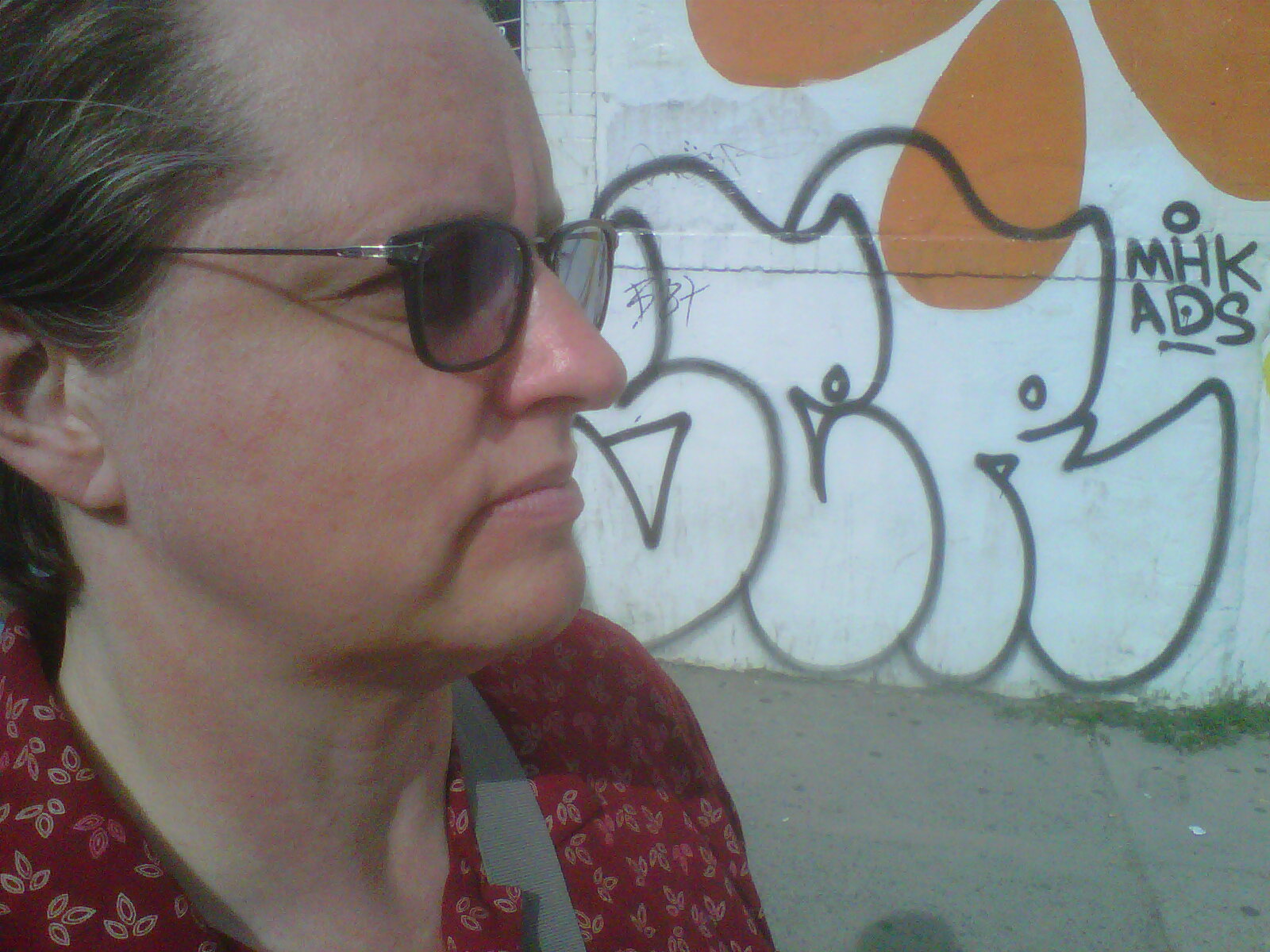
Historian Mary MacDonald has been leading the City of Toronto's heritage planning section since 2008. During this time she has overseen the implementation of new, award-winning Official Plan policies, the creation of urban conservation districts, robust tax incentives for heritage property owners and the expansion of the heritage register through planning studies and surveys.

